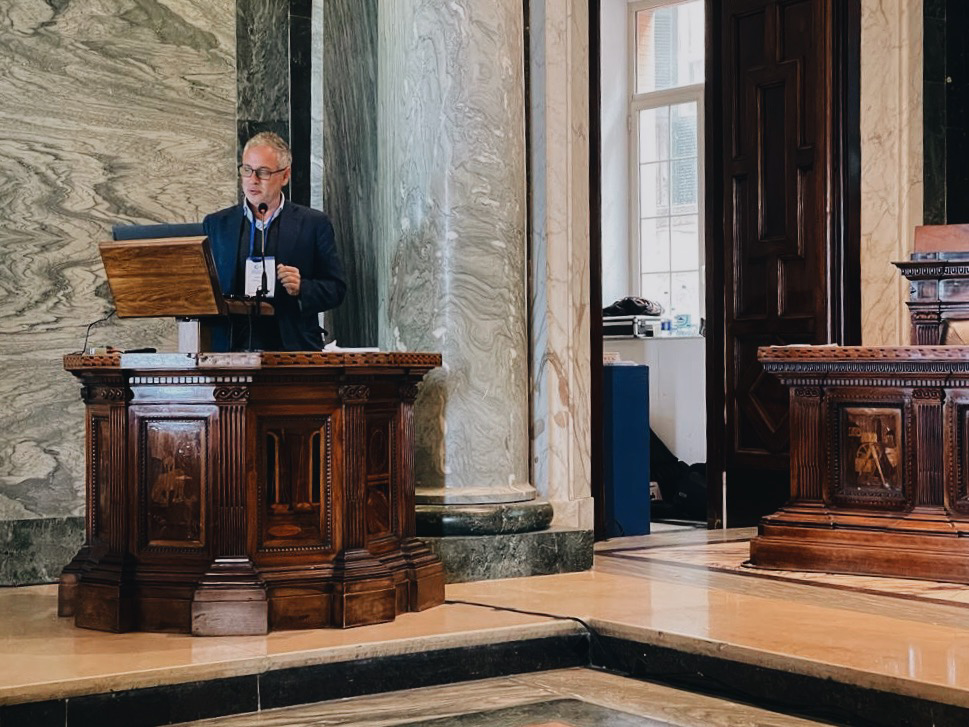From 25th to 28th September 2022, Venice Lagoon Plastic Free was invited to Naples, Italy, to present a paper crafted as part of the H2020 In-No-Plastic project on microplastic pollution. The conference allowed people from the scientific and industrial communities to meet alongside relevant stakeholders; here, they shared progress, highlighted new technology, and discussed innovative solutions to combat microplastic pollution in the Mediterranean area.
Our Executive Director, Davide Poletto, represented the In-No-Plastic project alongside consortium member Marius Sandru from Norwegian partner Sintef’s Department of Biotechnology and Nanomedicine.
International Conference on Microplastic Pollution in the Mediterranean
Beginning 25th September and concluding on 28th September, Naples hosted this year’s International Conference on Microplastic Pollution after the success of its previous years. The topics covered by the conference were extended this year to branch across a wider range of fields, including microplastics in the food chain, the environmental and socio-economic impact of microplastics, and the recovery and recycling of marine plastics.
Presenting the In-No-Plastic Project’s Findings
Our first presentation at the International Conference on Microplastic Pollution in the Mediterranean for the In-No-Plastic project took place during the morning session on Tuesday 27th September. Using the case study of the Adriatic Sea, our Executive Director Davide Poletto took to the podium to present In-No-Plastic’s research on the detection and characterisation of micro- and nano-plastic pollutants. This research was carried out with the Politehnica University of Bucharest (UPB) and with Montani Technical and Technological Institute in Fermo, Italy.
In the afternoon session, Sintef’s Marius Sandru presented the In-No-Plastic project’s results on removing nano- and microplastics from a marine environment using biodegradable flocculants. These flocculants aim to increase the size of the microplastics present in a body of water in order to more easily remove them.
Follow our social media channels for more news and updates!
